In these stories, migrants reflect on their initial departure from Mexico and journey to the US, their experiences growing up and living undocumented in the US, the context and circumstances of return to Mexico, and the challenges of rebuilding their lives as they reintegrate into a society that feels very foreign. We believe that reading these stories will help foster understanding, empathy and solidarity with migrants, their families and their communities.

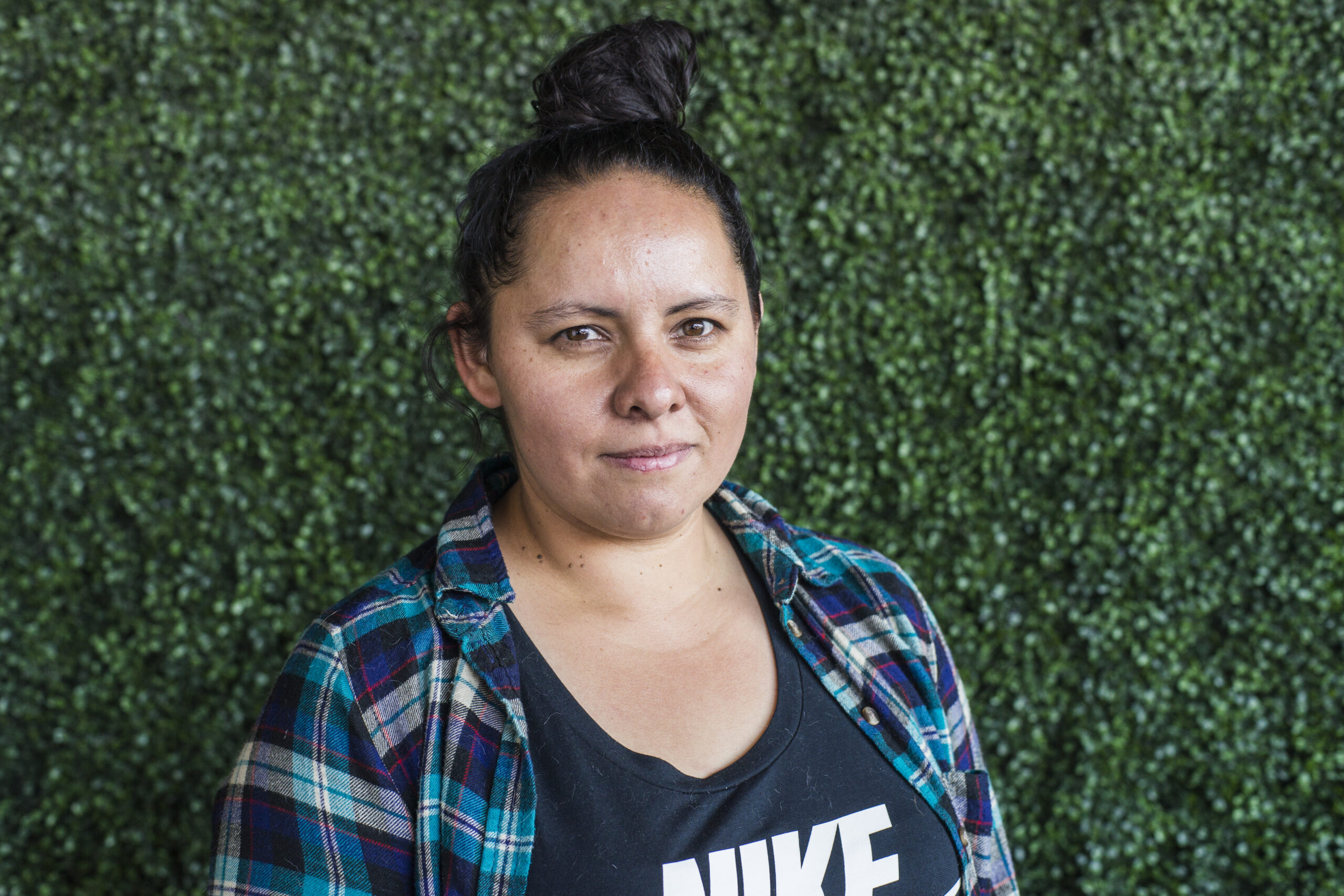
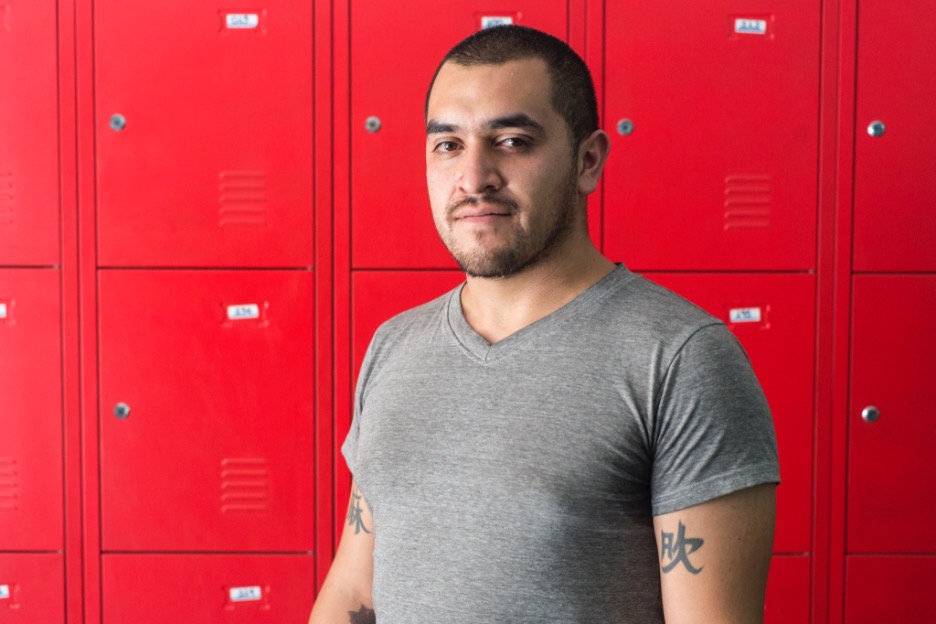

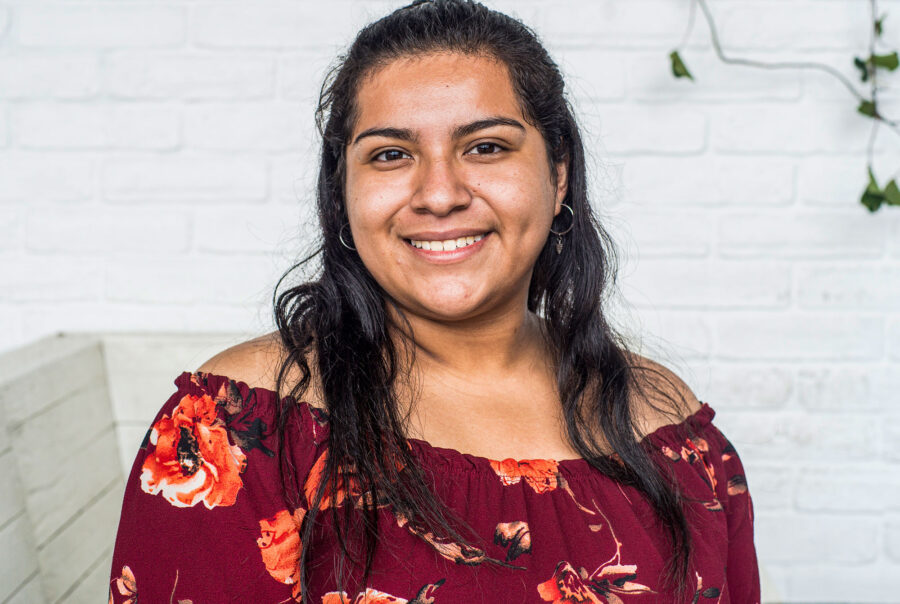

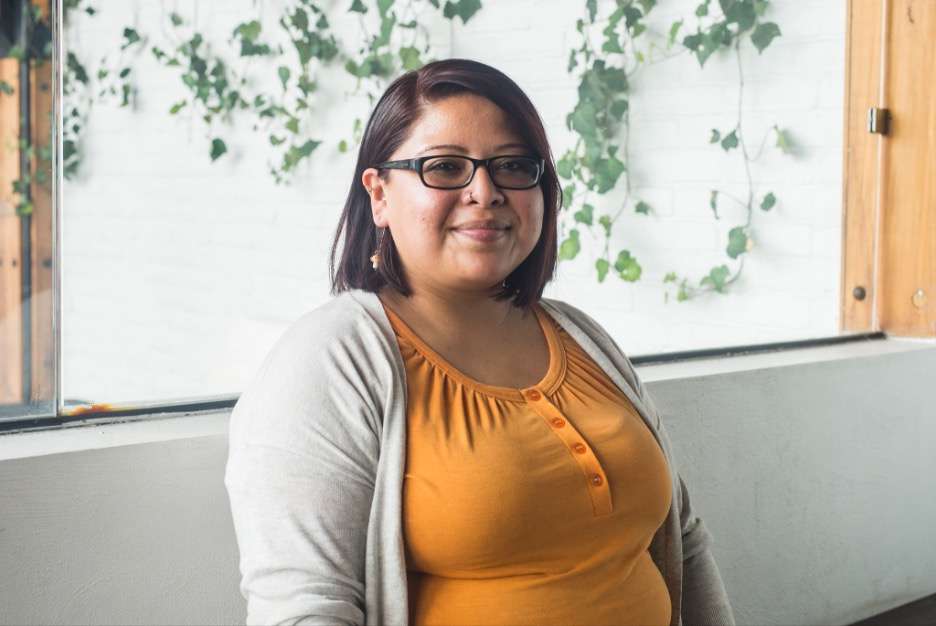
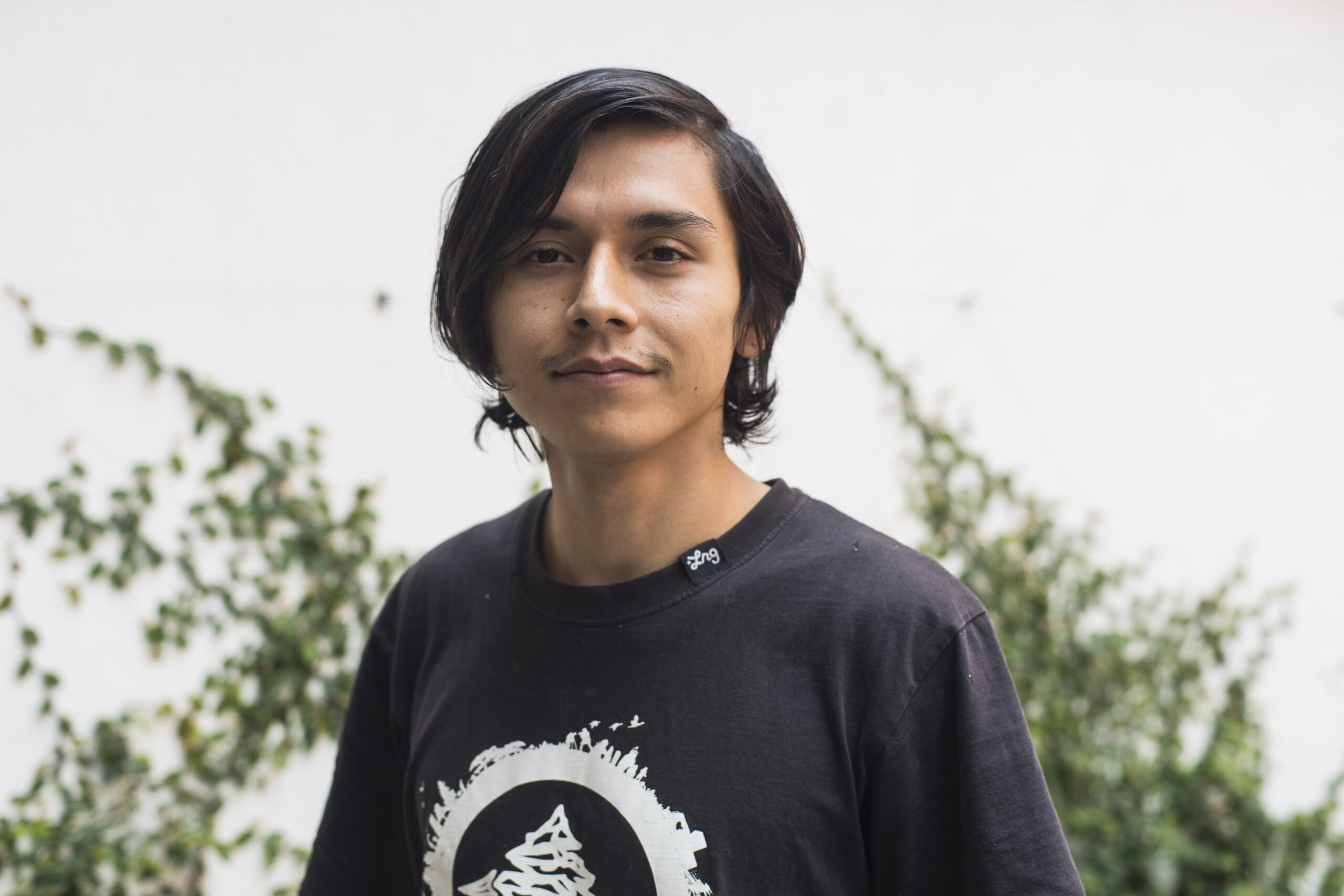
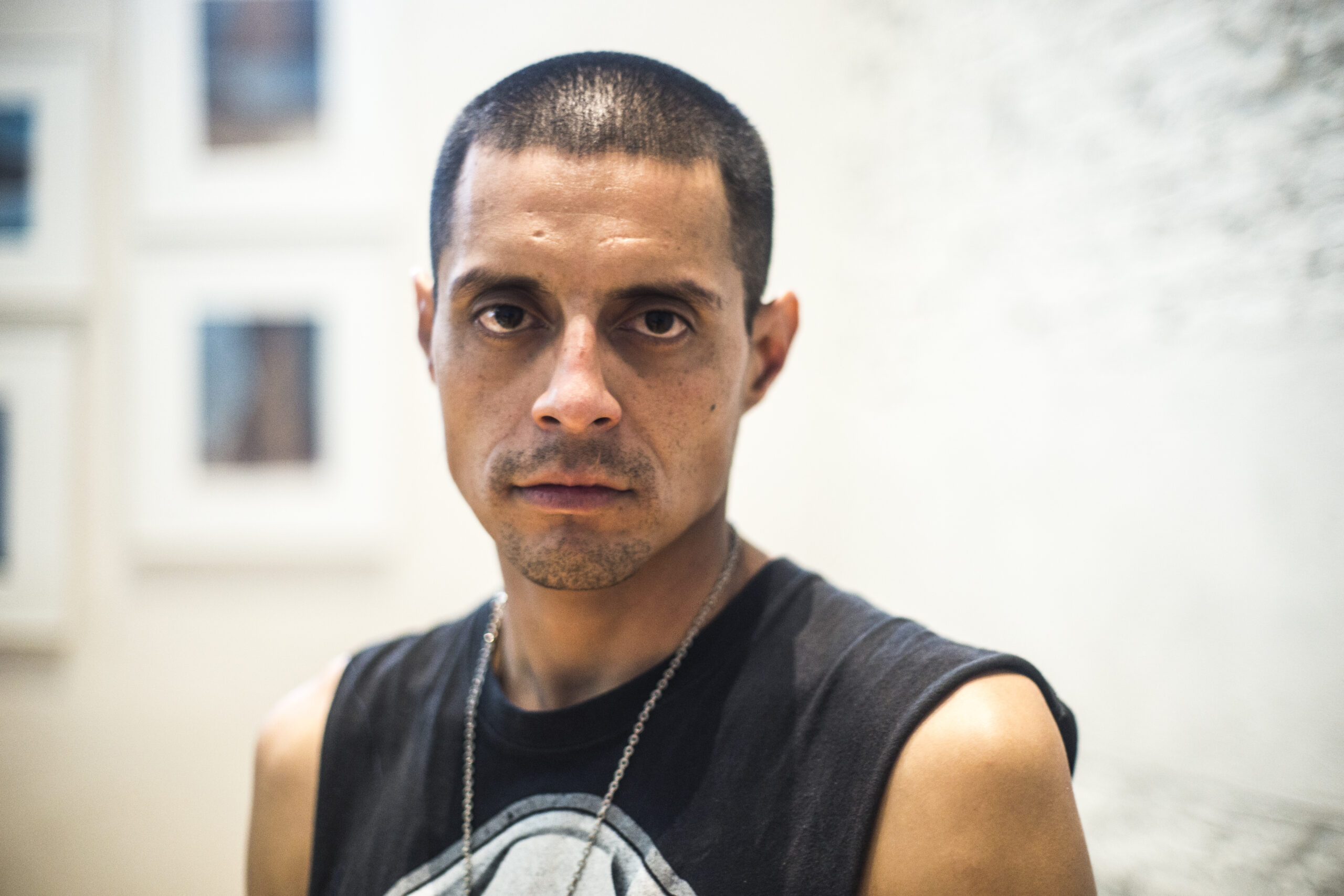
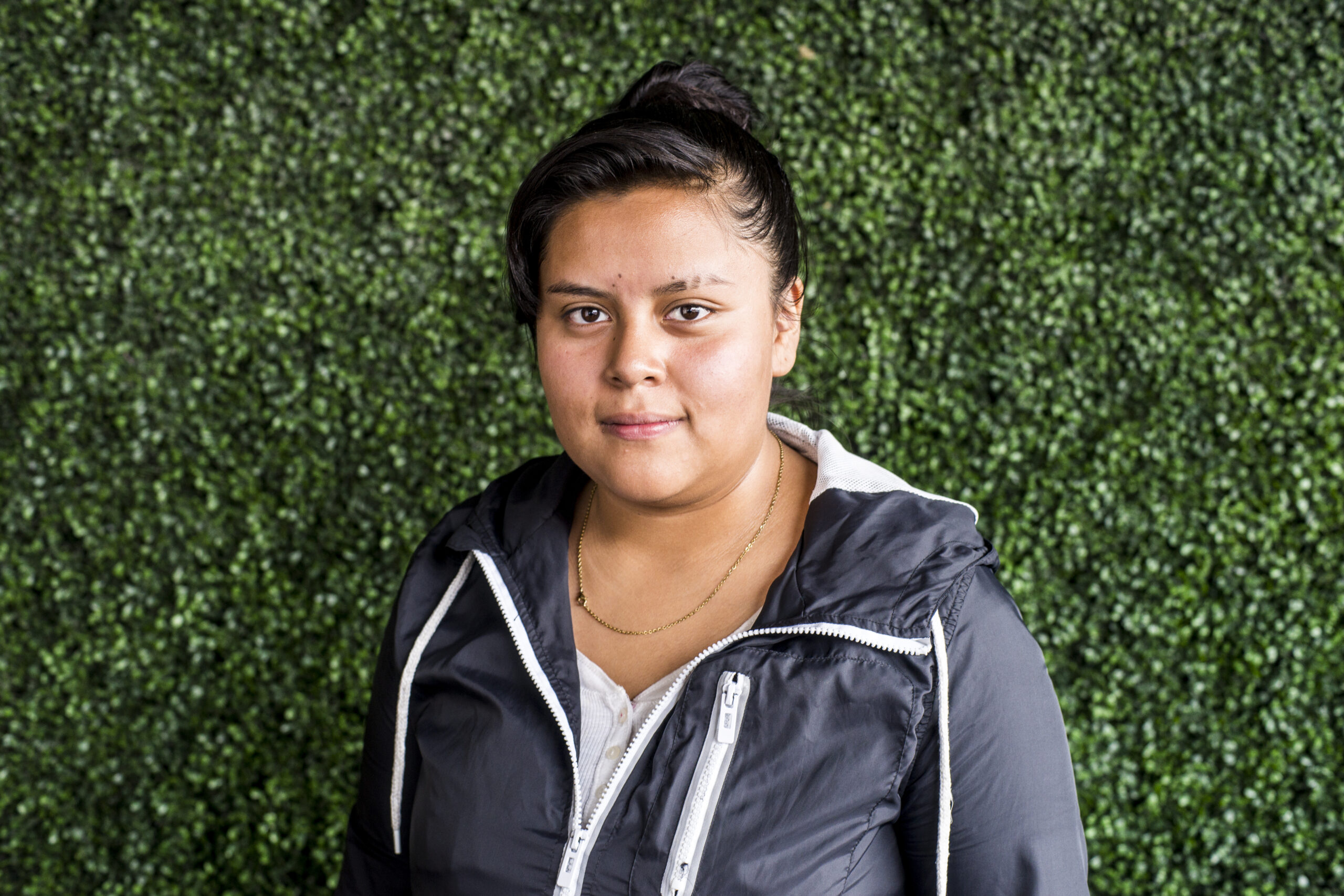

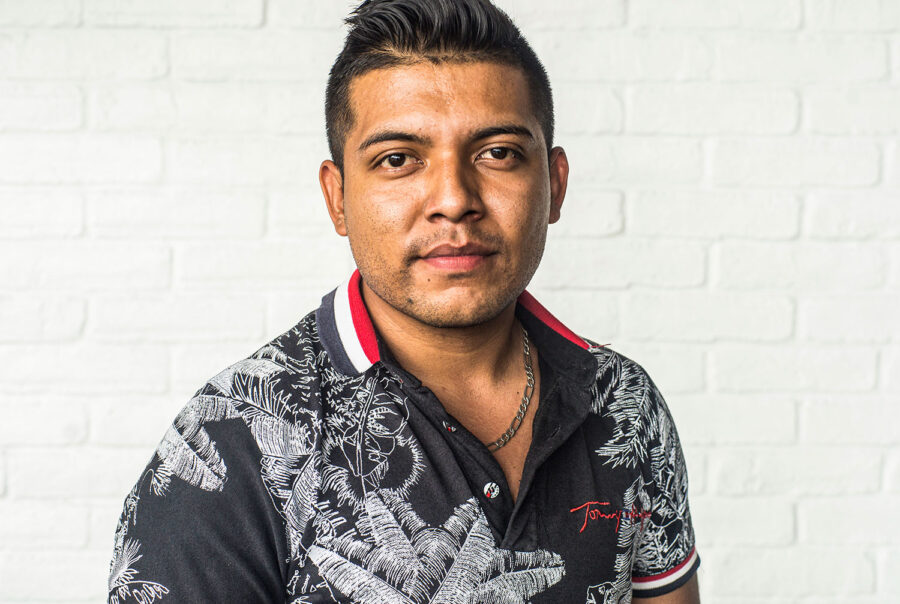
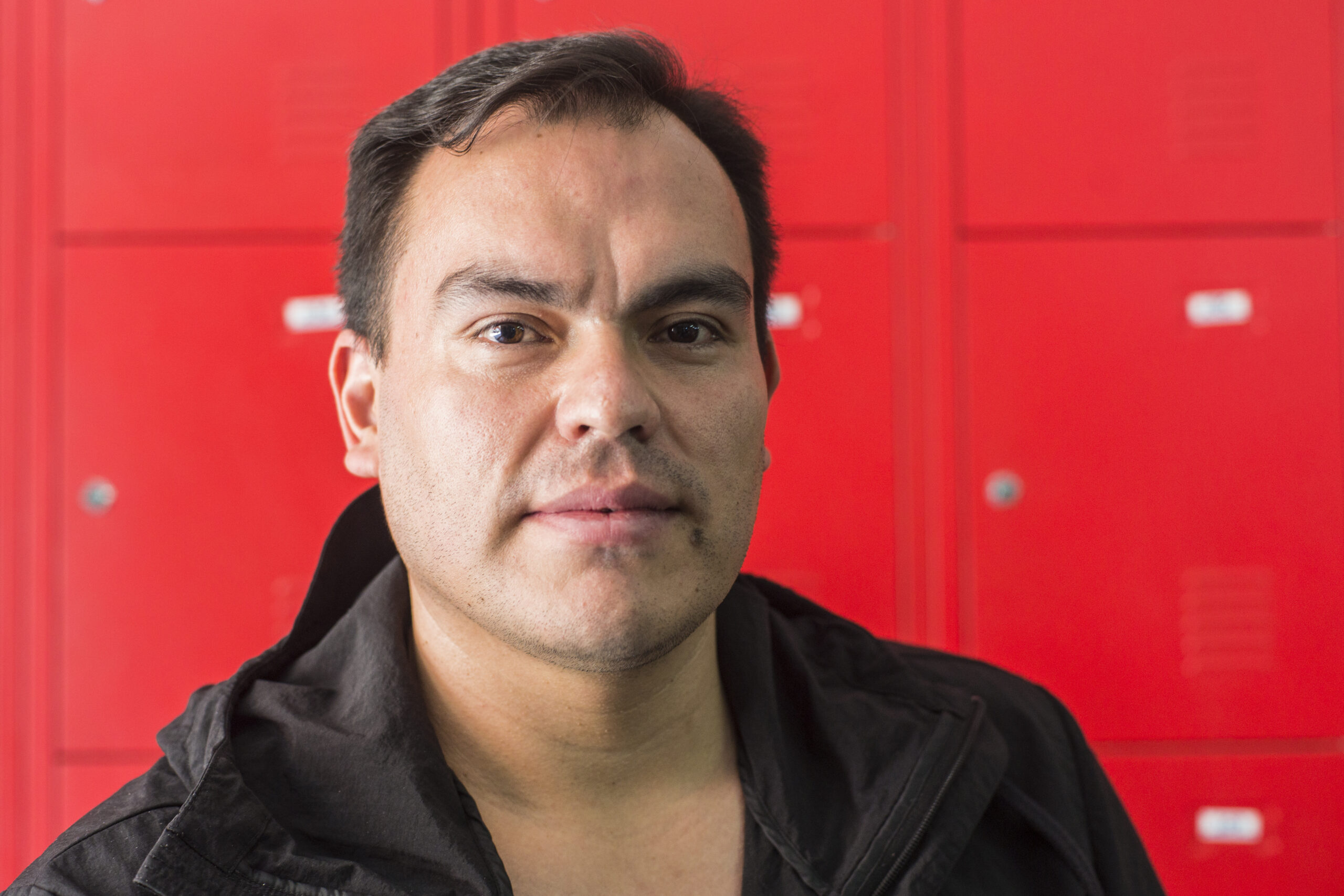


What if everything you worked for, all that was familiar to you, and all your loved ones disappeared in the blink of an eye?



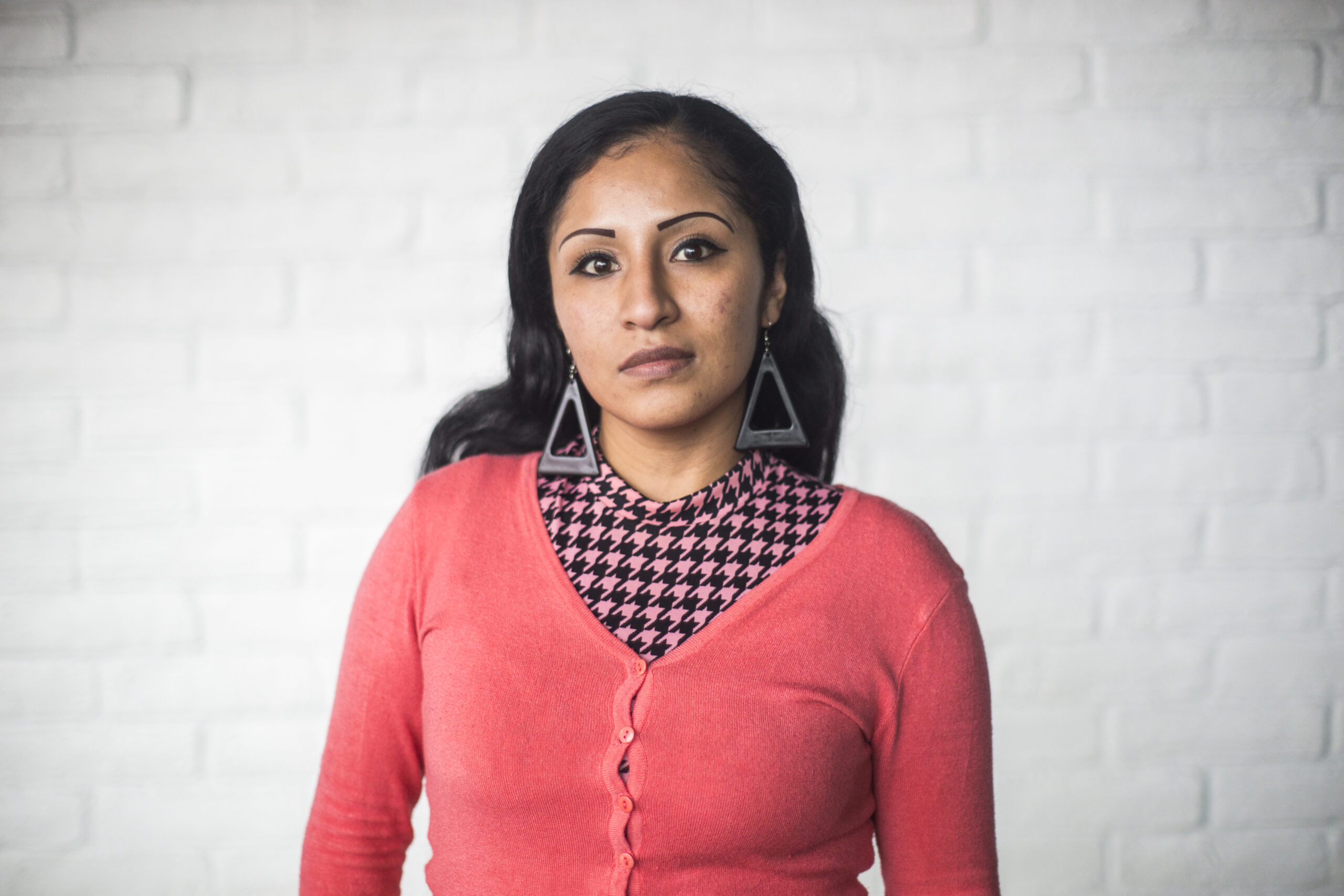
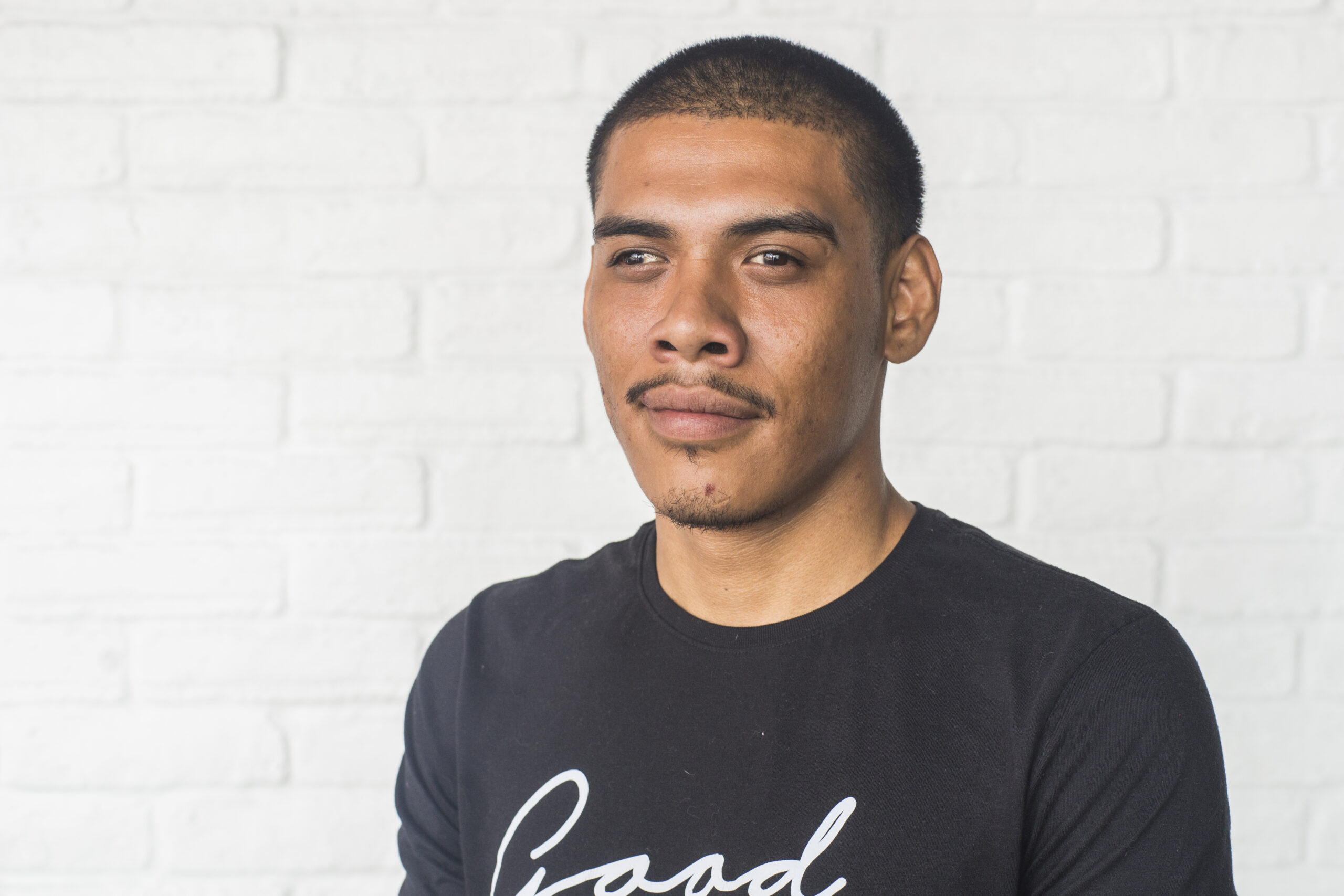


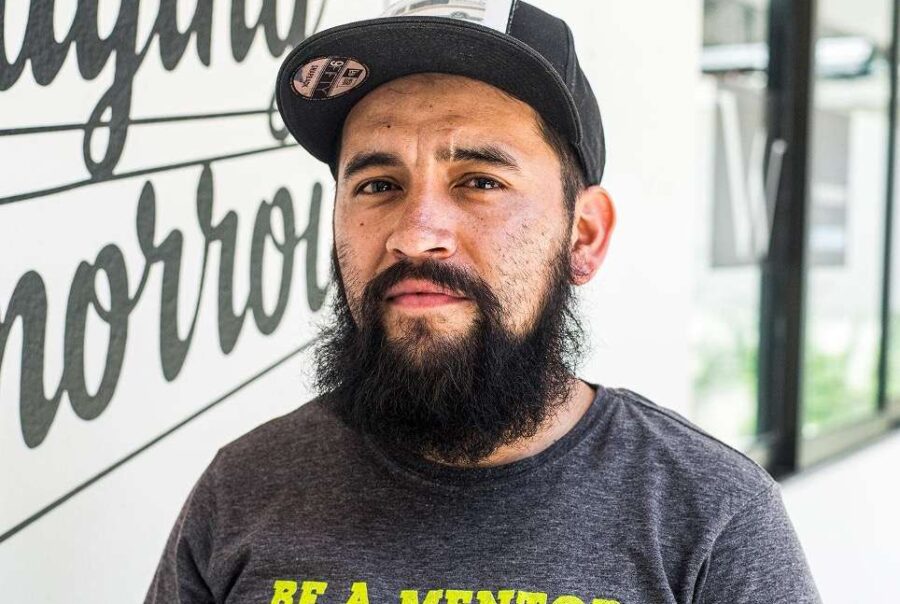



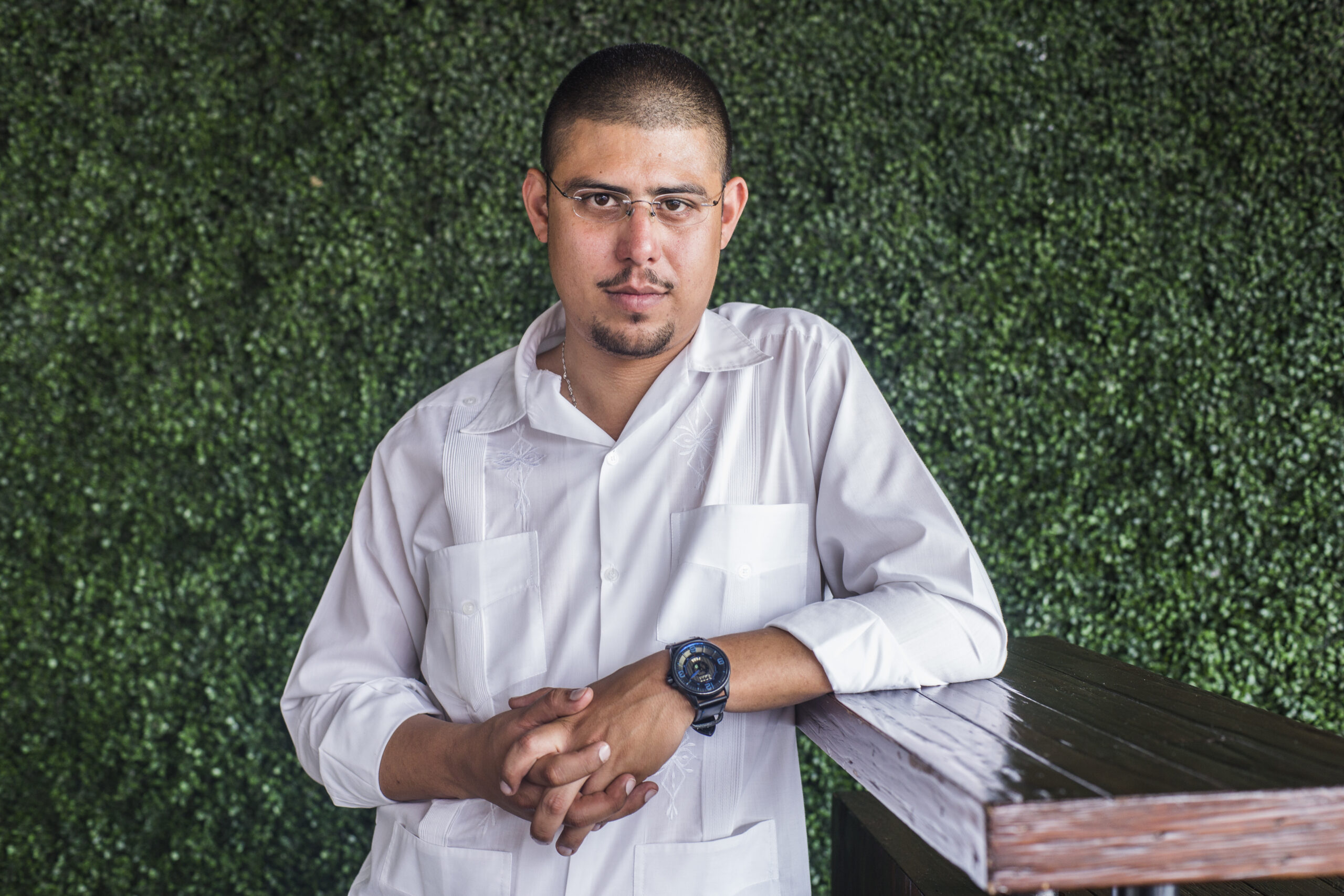


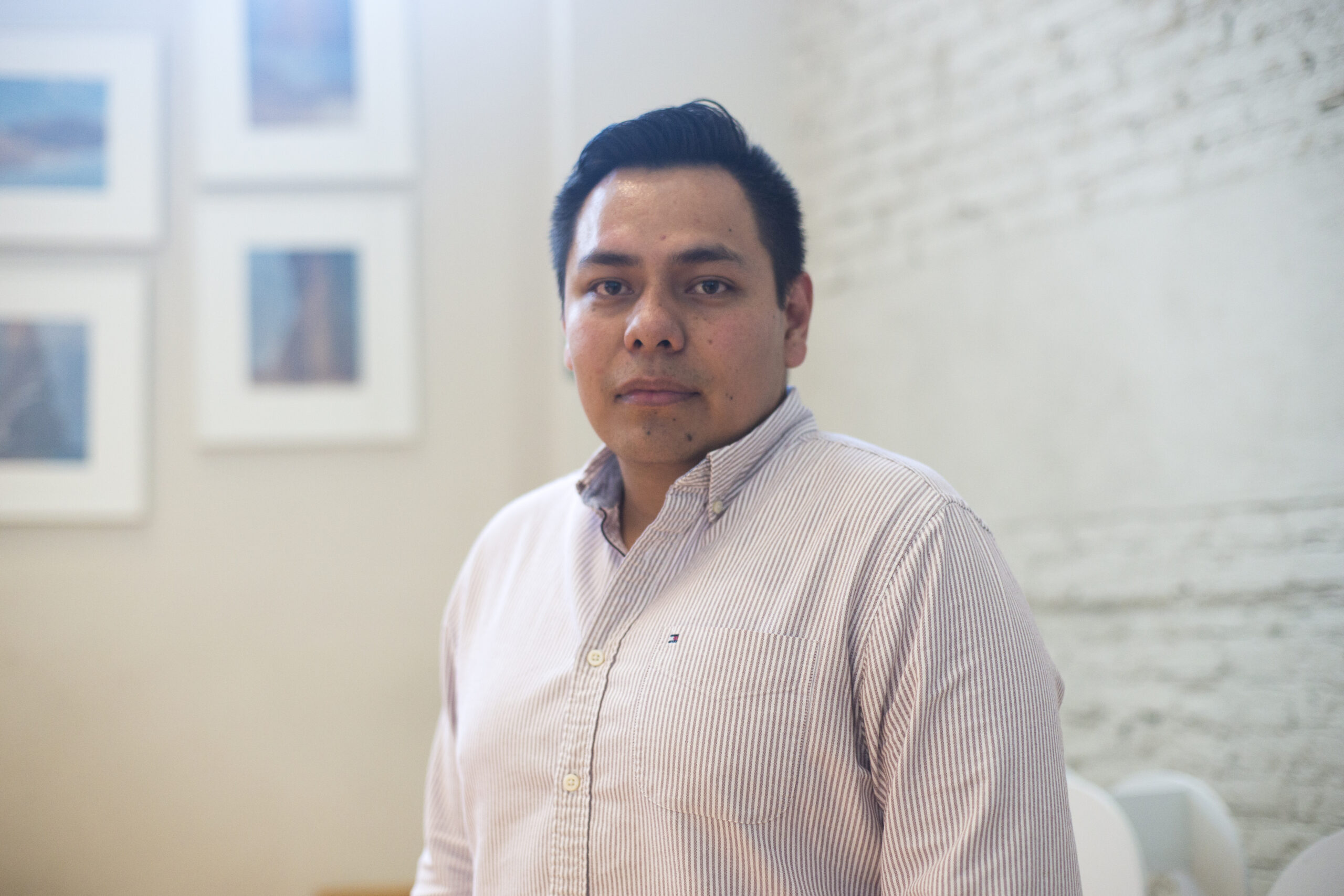
We are collecting, preserving and sharing the stories of undocumented and returning Mexican migrants.
DATA
SOMETHING TO
HIGHLIGHT
“In the schools in the United States, the people who bullied us, they don’t know our stories, they don’t know our background. And maybe if they did, maybe if they know about our lives, about our backgrounds, about our struggles, maybe they will see a different way. Maybe they will treat us a little better.”
Victor IV
“We can learn from each other, I think. In the end, we’re all humans. We’re coming from the same place, and we’re going to the same place.”
Miguel IV
CHAPTER 1
LIVES UPROOTED
According to the United Nations, in 2020, an estimated 281 million people or 3.6 percent of the global population were first generation immigrants – individuals who left the country of their birth and settled in a foreign land. Although increasingly, people are on the move everywhere on the American continent, migration from Mexico to the United States represents the largest and most enduring pattern of international migration in the hemisphere. Between 1965 and 2015, more than 16 million Mexicans emigrated to the United States.
Mexicans migrate for the same reasons that drive citizens around the world from their homes. They come to the United States hoping to escape poverty and violence and often to reunite with relatives who left before them. Some are taken as young children; others leave as adults. Many travel with tourist visas, but the majority undertake a dangerous, uncertain and clandestine journey. The stories told by the migrants participating in Lives Beyond Borders provide detail and humanity to these patterns as they describe, in their own words, the desperation around the decision to leave, the often harrowing journey across the border, and the surprises that greet them as they enter the US.
MAJOR THEMES
- Early US memory
- Memory of Mexico
- Leaving Mexico: Family Reunification
- Leaving Mexico: Economic opportunity
- Border crossing challenges
Ilse
“The plan was to cross the border through the desert, all of us, with a coyote. But my brother [… was] too young. I was too young, too, but I didn’t want to leave my mom. So, they separated us. […] We were lost in the desert for three days. We ran out of water, we ran out of food, we ran out of everything; the coyote got lost. […] I’ll never forget how this woman that was traveling with us, she was hallucinating, I guess. It was so bad that it was raining and that there was a thunderstorm, and she thought that this one cactus was a person.”

Ivan II
“The circumstances of why we moved to the States, just seeking better opportunities because by that time, we didn’t have like a lot, what you’d say that … Here in Mexico, we didn’t have a stable life. We didn’t even have the needs, we didn’t even have a house. So my mom moved to the States and after two years, she brought us to the States. When I first got to the States, it was a whole new thing, different language, different people, different culture. And not just one culture, it was a mixture. You don’t only have people from one region, it’s like a lot of races, if I can put it that way.”
CHAPTER 2
LIVES WITHOUT PAPERS
In 2022 more than 5 million Mexican citizens were living in the US without papers; they made up just under half of the undocumented population in the US and many of them came to the US as children. Although undocumented children attend elementary and secondary schools with their US born peers and learn about the rights and freedoms afforded US citizens, once grown up, they cannot work, they cannot receive public assistance, they cannot vote, and, in most states, they cannot drive a car or enjoy the benefits of public higher education. As adults, their lives in the US are under constant threat. The migrants tell their stories of life in the US, often spanning many years. They describe the challenges they faced, along with their successes and their failures. They evoke a cornucopia of emotions — joy, hope, fear, frustration, anger and grief–that life without papers in the US involves. They challenge us to see ourselves in their lives.
MAJOR THEMES
- Discrimination in the US
- Gangs in the US: Affiliation
- Gangs in the US: Avoidance
- Living undocumented in the US: Depression
- Living undocumented in the US: Fear
- Work in the US: Informal employment

Lusia I
“You can’t share the fear with anyone you can’t share this anxiety that you live with every single day. Like my mom was driving around and every time she’d drive it was anxiety… what if what if she got pulled over what have we got caught? That’s it for everyone. We’re done. Like that. That kind of thing. Affects you and you’re not allowed to tell anyone. You have to live in the shadows. Nobody really knows.”

Mike
“In America you’re taught to believe if you really want something you could achieve it. And when you realize that that doesn’t apply to you, that’s the big spiral down. A lot of kids just give up and lose hope.”
CHAPTER 3
LIVES DERAILED
Since 2010 roughly two million Mexicans have been detained and deported from the US. This statistic severely understates the number of returning migrants. Among the 500 migrants in the Lives Beyond Borders Project, 40 percent returned to Mexico of their own volition, either to follow a deported family member or in search of a brighter future after the hopelessness of life in the US became unbearable. These “voluntary” exits may allow more planning and forethought than deportation, but they are equally as devastating and disruptive and are only undertaken as a last resort. The migrants share their common heartbreak as they describe the circumstances of their varied journeys back to Mexico.
MAJOR THEMES
- Deciding to return to Mexico: Accompany relative
- Deciding to return to Mexico: Frustration
- Legal proceeding: ICE
- Deported: Circumstance
- Voluntary departure: Circumstance

Miguel II
“They added actually felonies to my thing [record], to have an actual reason to deport me. When I went to court, I saw that they were like, ‘Oh, I see that you got deported before.’ I’m like, ‘No, I never got deported before.’ […]. And they were like, ‘Yeah, I see here. You were deported before when you were four years old.’ And I’m like, ‘No, I was not. I would have remembered that.’ And of course the person opposite that wanted me out would be like, ‘Well yeah, maybe you were too young to remember.’ […] ‘I’m pretty sure I would remember that. It’s kind of traumatizing for a kid to get deported, even if for an adult it’s traumatizing.'”

Olimpya I
“My first year of high school, I almost finished it, but my mom decided to come back. She said that it was time. I was like, ‘It’s your time, not mine. You can leave.’ Yeah, but she said that she didn’t want to be there anymore. Since I was underage, so I had to grab my stuff. It was kind of the same way that we came. One day, she was talking on the phone. Then she woke me up and said, ‘We’re leaving.'”
CHAPTER 4
LIVES REBUILT
The vast majority of the migrants in the Lives Beyond Borders project return to Mexico ill prepared to assimilate. Often in the rush to leave or in the chaos of a sudden run-in with ICE, they do not have the time, opportunity, and forethought to collect the necessary documents required for new Mexican documentation. Upon arrival in Mexico, they encounter a seemingly indifferent government and an antagonistic society. As a result, most are left to their own devices to navigate a cumbersome bureaucracy and translate foreign social mores as they seek to certify their US educational credentials, obtain employment, health care, and shelter, qualify for social security, and develop an emotional support system. The myriad challenges are often overwhelming at first, but each migrant tells a story of resilience as they make their way around roadblocks and, after stops and starts, find a way forward, carving a life for themselves in Mexico.
MAJOR THEMES
- Advantages: Fresh start
- Work experience: Skills transferred
- Reintegration challenges: Language
- Reintegration challenges: Depression
- Reintegration challenges: Discrimination
- Resilience: Dreams

Cris
“I’m legal here. I don’t have to hide anymore. […] Like for me like this is a fresh start in life, like this is how I should have felt back home. Back home I was scared I’m gonna get locked up, get pulled over, and taken to jail and lose my kids.”
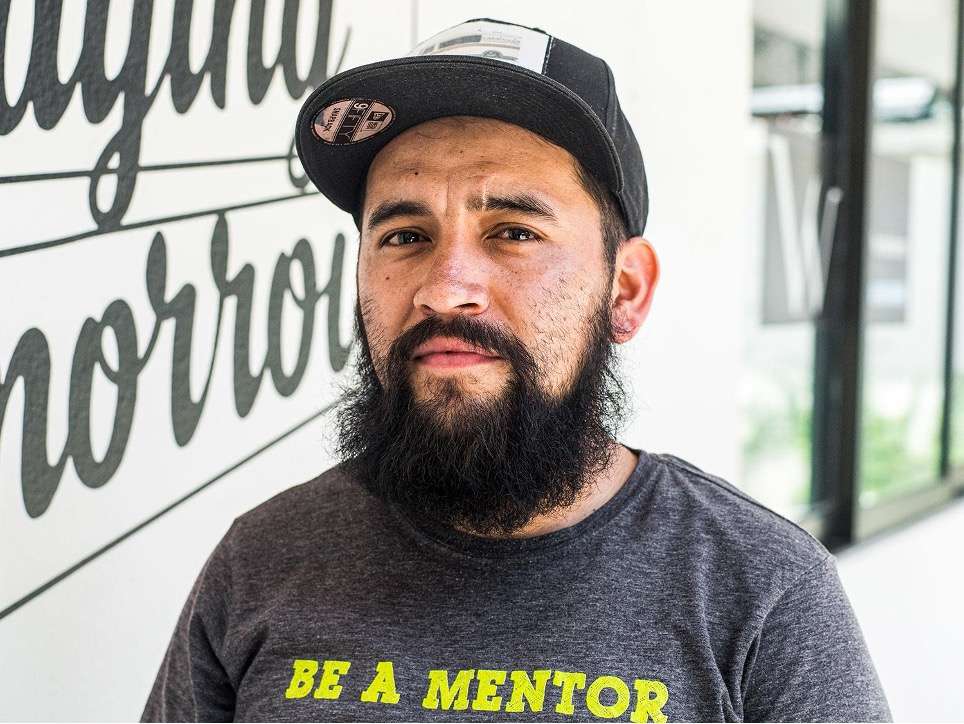
Donovan I
“You’re over there and then you know that you don’t have papers, so you feel lost already. You’re like, ‘I don’t belong here.’ Then you come here and like, ‘Damn, I don’t belong here either.’ You was just like a castaway, just like somebody weird. But it’s, right now, these last few years, I’ve been using it for good. I motivate a lot of people to go into stuff that they don’t never think they were capable of doing.”
CHAPTER 5
LIVES REFLECTED
The average age of the migrants when they tell their stories in the Lives Beyond Borers project is 31, and just over half of their lives has been spent in the US. Who better to reflect on the migrant experience, both in Mexico and the US? Who better to reflect on the vagaries of immigration policy, both as practiced by the US and by Mexico? Offering a unique and nuanced perspective, they speak with knowledge, common sense and urgency. Their messages are crucial to the policy debate that has the potential to make way for a peaceful and productive partnership between the US and Mexico but which has stymied policy makers and politicians in the two countries for the last several decades.
MAJOR THEMES
- Identity: US
- Identity: Mexican
- Reflections: Discrimination in Mexico
- Reflections: Comparing the US and Mexico
- Reflections: Violence in Mexico
- Nostalgia for the US: Attitudes

Julio I
“You don’t have to let us back, but just figure out another way to do things. You know you don’t have to fix my life, but stop wrecking more lives.”

Tania I
“A part of me was amputated and left in Mexico… 50 in the States, 50 here, so you’re not an American because you will never be, you’re not a true Mexican because you will never be. So it’s kind of like, what are you?”

Sylent I
“I don’t want to be a nationality… I don’t think I want to be Mexican, I don’t think I want to be American. I just want to be human. I think because if we are placed in that category of just a nationality, then it reduces everything because people categorize.”


